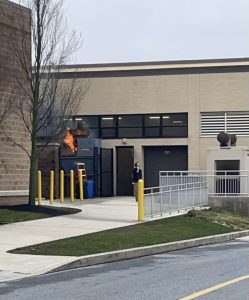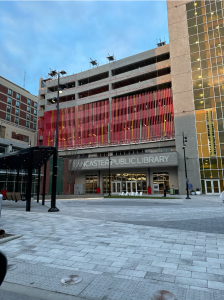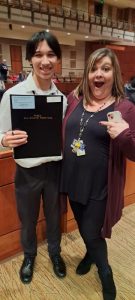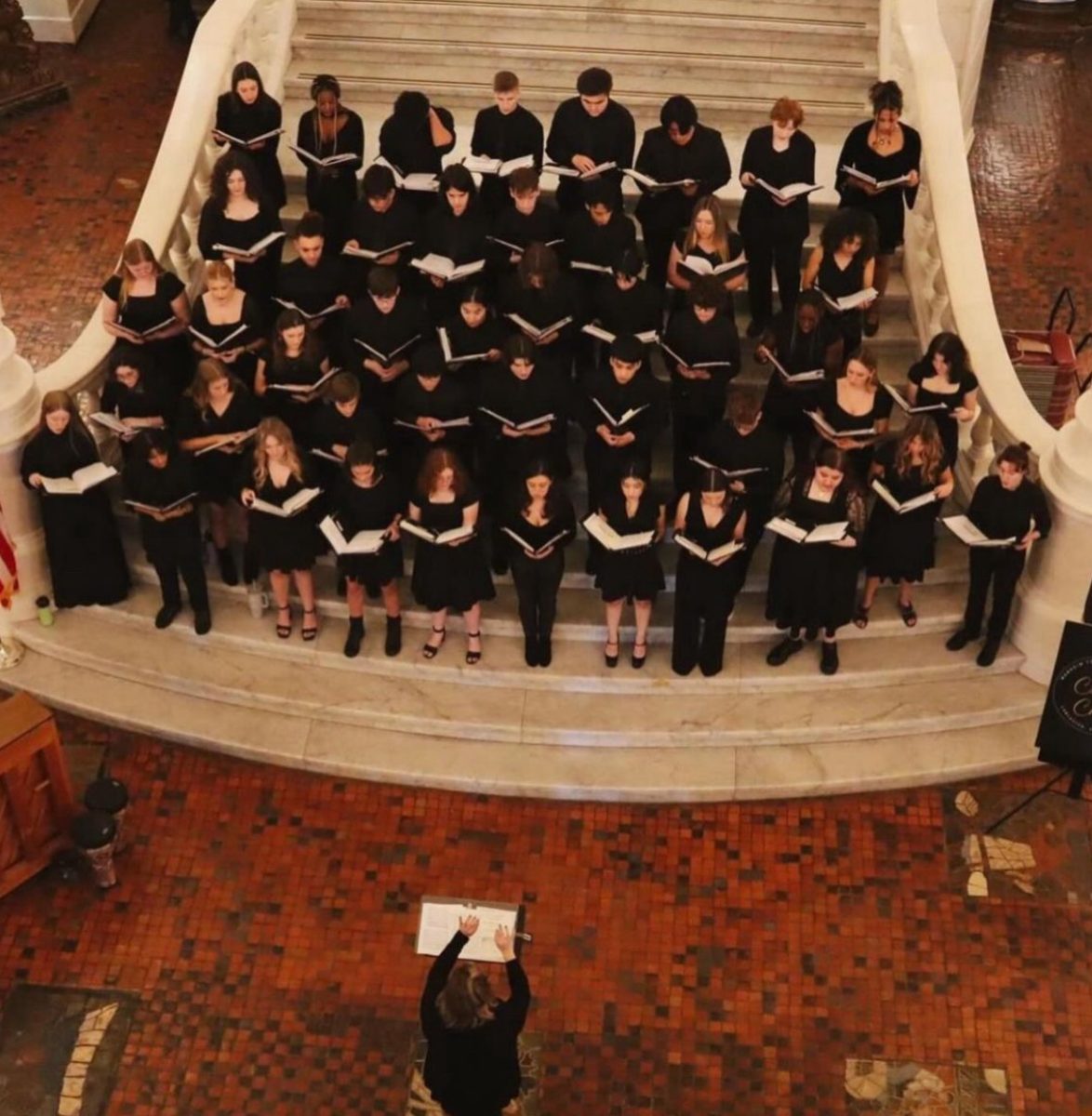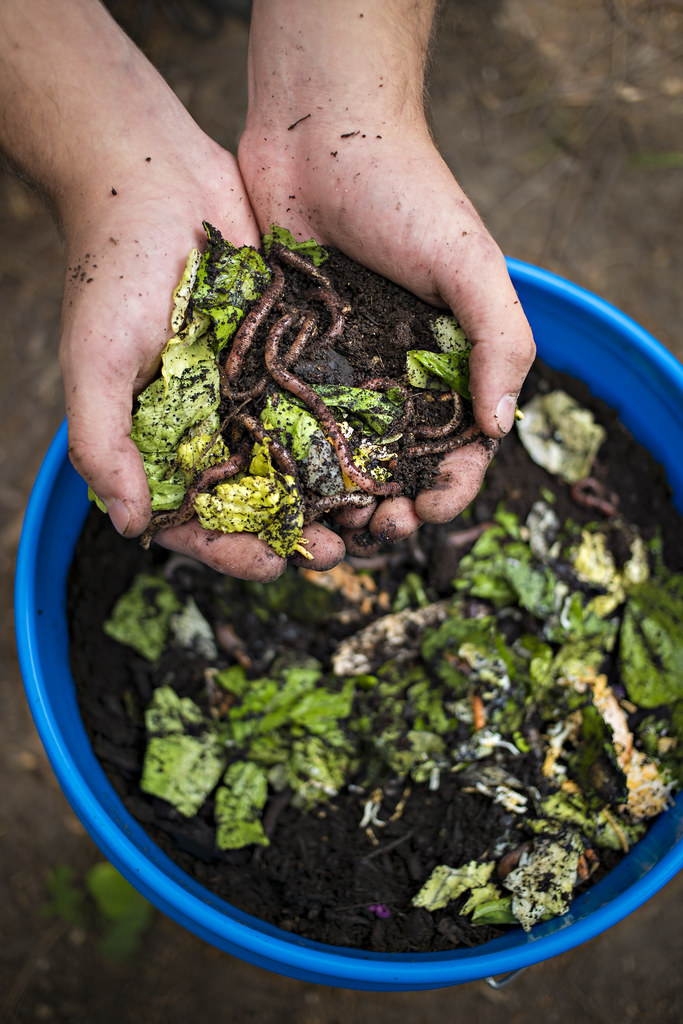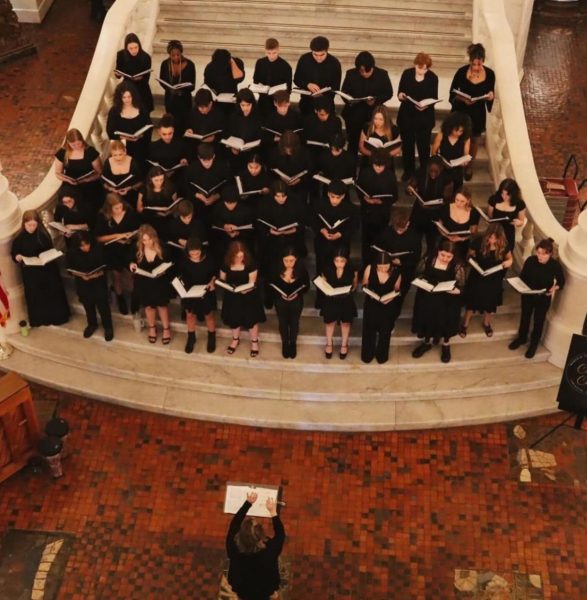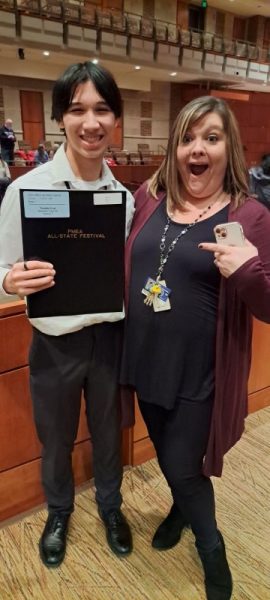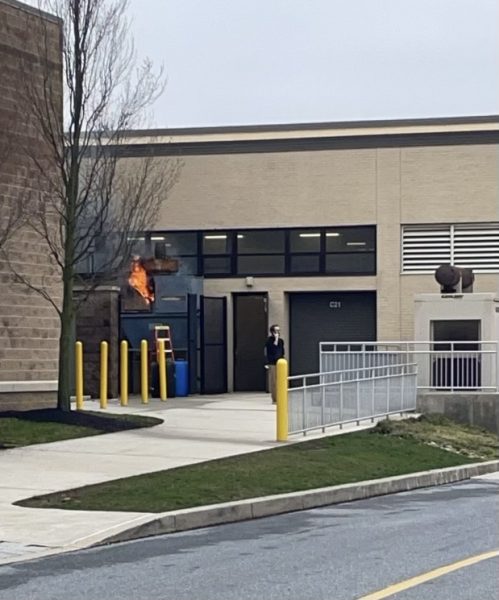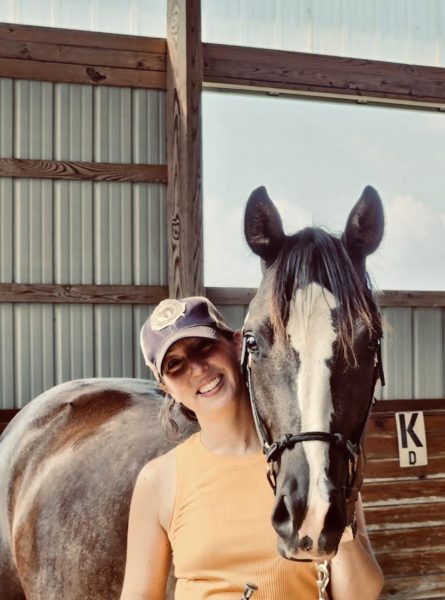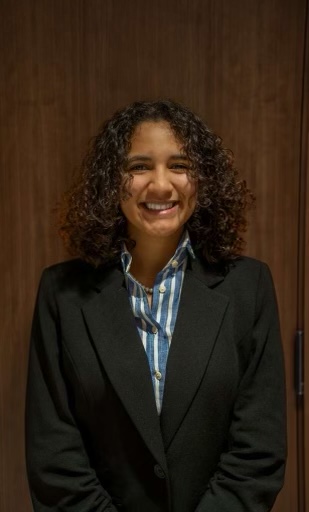Pandemic disrupts IB Diploma Program
December 7, 2020
The International Baccalaureate (IB) program is a rigorous curriculum that seeks to challenge high students to think critically and creatively. Manheim Township’s program is a small cohort well known for its challenging courses and strong, tight-knit sense of community created by smaller classroom sizes.
Before the pandemic, IB students and staff at Township put together social events to balance out the arduous curriculum and strengthen bonds between members. Events included monthly breakfasts, trivia challenges where juniors and seniors competed against each other, field trips, and more.
Due to COVID, such social gatherings had to cease, putting a strain on the strong, family-like bonds that make the IB program unique.
Both IB math teacher Adrian Klopp and IB director and English teacher Larry Penner said that despite the significant changes the IB program has to deal with, there is still a strong sense of community. According to them, IB students can rely on and help each other through communication outside of school.
COVID has also changed academics for students in the program, from exams to the overall classroom dynamic. Last spring, exams were canceled. Instead of relying on exams, IB chose to score students according to their internal assessments, which are individual work projects, presentations, or essays done by IB students and are graded on a tough scale by the IB organization. Scores were also based on projects tests taken throughout the year, and teacher-predicted scores.
Regarding the early months of pandemic learning, “It was unfortunate for the seniors I had last spring because they didn’t receive any closure especially since we handled those months asynchronously.” Klopp said.
IB primarily focuses on discussion-based classroom activities to thoughtfully evaluate every students’ ideas on a topic and assess them according to multiple criteria. This style of learning has also had to drastically change as a result of the pandemic causing different ways of attending school.
“It has been challenging to build a sense of class discussion with half and half classes since IB emphasizes class discussions.” said Penner.
Additionally, Junior IB diploma candidate Noa Blumenthal stated that the presence of two classrooms in one created from the variety of virtual/in-person styles of learning Township has adapted to causes a sense of disconnection. The Coronavirus has put pressure on the effectiveness of learning in an IB environment.
Some IB students find difficulty with how COVID has impacted their experience in the program. They have felt upset knowing that the program cannot be exactly what is intended due to health and social distancing requirements.
“My stress level is not as high as I thought it would be, but because of COVID I don’t feel as if I’m getting the full IB experience,” says Junior IB diploma candidate Abby Herbert. “The teachers are doing the best with what they can and I feel like I am still getting a lot out of IB.”
Abby mentioned that despite current circumstances, IB has taught students crucial learning skills allowing for their success, such as time management.
IB has most certainly been forced to change around both the social and academic atmosphere, however students and staff maintain a positive mentality and outlook on the future.



